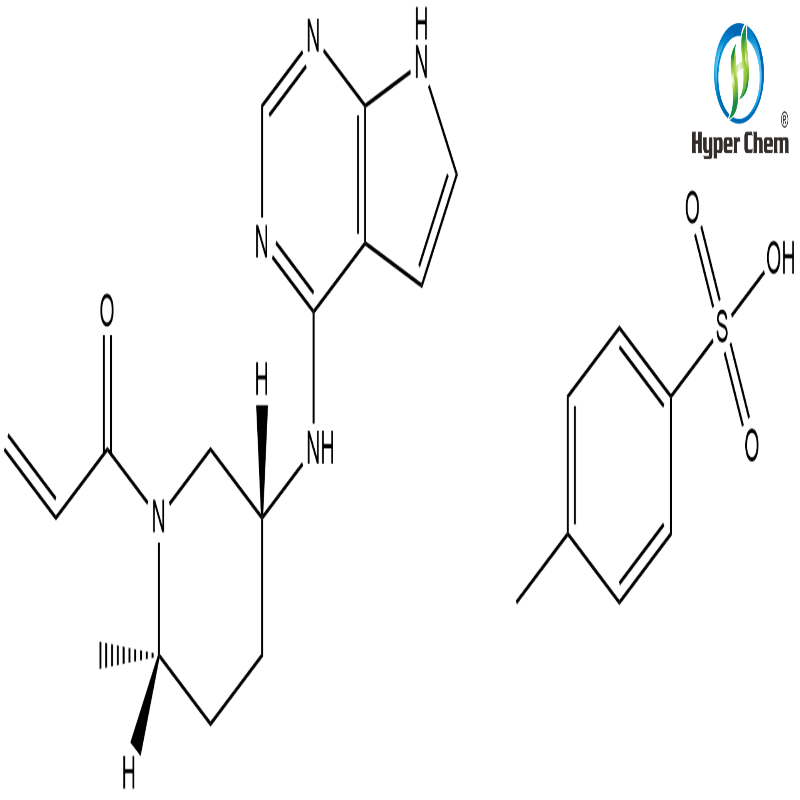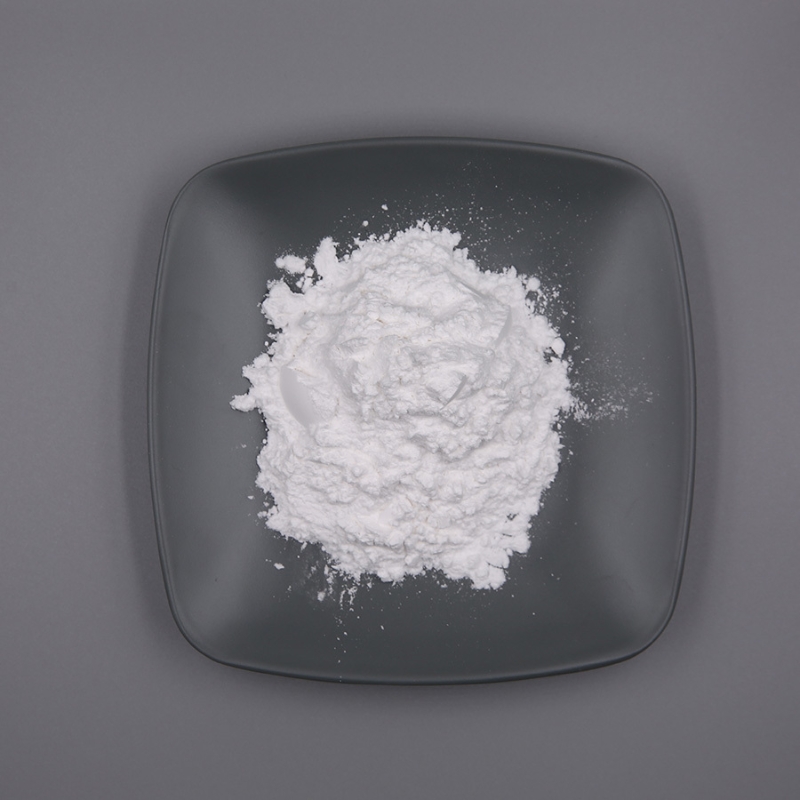-
Categories
-
Pharmaceutical Intermediates
-
Active Pharmaceutical Ingredients
-
Food Additives
- Industrial Coatings
- Agrochemicals
- Dyes and Pigments
- Surfactant
- Flavors and Fragrances
- Chemical Reagents
- Catalyst and Auxiliary
- Natural Products
- Inorganic Chemistry
-
Organic Chemistry
-
Biochemical Engineering
- Analytical Chemistry
-
Cosmetic Ingredient
- Water Treatment Chemical
-
Pharmaceutical Intermediates
Promotion
ECHEMI Mall
Wholesale
Weekly Price
Exhibition
News
-
Trade Service
The rise of cancer immunotherapy has brought a new dawn to the complete fight against cancer, the "king of all diseases".
, immuno-checkpoint blocking therapy has become one of the most popular immunotherapy therapies in the world, which has significantly changed the current pattern of cancer treatment, and PD-1/PD-L1 immuno-blocking therapy is the most typical representative.
that although oncology immunotherapy has significantly changed the pattern of cancer treatment, a large proportion of patients still do not respond to these treatments for a variety of reasons.
, we need to further understand the molecular mechanisms of tumor cells that are sensitive to T-cell killers.
Autophagy is an evolutionaryly very conservative lysosome-mediated biodegradation process that is the recycling and reuse of cell waste and has an important regulatory effect on in-cell stability, so autophagy is closely related to a variety of diseases.
recently, scientists from Regenerative Meta company published a research paper entitled Autophagy protects tumors from T cell-mediated cytoxicity via reseedion of TNF alpha-induced apoptosis in the journal Science.
study found that cell autophagy also has a dark side: helping tumor cells escape the immune system. Using CRISPR screening techniques,
researchers found that knocking out an autophagy-related gene called RB1cc1 increased the lethal sensitivity of tumor cells to T cells, thereby enhancing the anti-cancer effect of PD-1 and CTLA-4 checkpoint inhibitors.
these findings suggest a new role for autophagy in cancer, opening a new direction for using autophagy inhibitors to improve the effectiveness of tumor immunotherapy in more patients.
to identify genes that regulate the lethal sensitivity of tumor cells to T-cell mediated, the team screened whole genome CRISPR/Cas9 in colon gland cancer cells in mice.
results show that the inflammatory molecule TNF-α play a key role in tumor cell death, a finding consistent with previous studies.
, autophagy in tumor cells seems to protect them from T-cell-mediated death.
team knocked out three key autophagy genes , Rb1cc1, Atg9a and Atg12 , to significantly increase the lethal sensitivity of tumor cells to T cells. The
team further found that the use of antibodies to block TNF-α while knocking out the (KO) Rb1cc1 gene has a very limited effect on killing tumor cells, suggesting that autophagy's protective effect on tumor cells is mainly mediated by the TNF-α path.
team further tested the findings in a mouse model of breast cancer, similarly, knocking out the (KO) Rb1cc1 gene could increase the lethality of breast cancer cells.
team treated the breast cancer mouse model with a combination of PD-1 antibodies and CTLA-4 antibodies, and the results showed that the combination of antibodies completely removed tumor cells that knocked out the RB1cc1 gene, but only moderately inhibited the growth of the control tumor cells.
similar results were observed in colon cancer models.
study data also showed that even in tumor cells that knocked out the Rb1cc1 gene, knocking out TNF-α subjects also limited the anti-cancer effects of immunotherapy, suggesting that TNF-α and autophagy are indeed essential for T-cells to kill tumor cells.
in addition to Regenerative Meta, other research teams have found the role of autophagy in cancer immunotherapy.
23, 2020, the Jason Moffat team at the University of Toronto, Canada, presented a research paper in the journal Nature entitled Functional Genomic landscape of cancer-intrinsic evasion of killing by T cells. Using CRISPR screening, the
team screened six mouse tumor cells for breast, colorectal, kidney and melanoma, and successfully identified 182 "core cancer-inherent immune escape genes" that make cancer cells more sensitive or resistant to T-cell attacks.
study successfully mapped the cancer immune escape gene.
the study found that knocking out the autophagy-related genes Atg12 and Atg5 at the same time helped tumor cells resist T-cell killing, while knocking out only one of them had no effect.
Details: Nature: These 182 genes help cancer cells escape immune system-killing in general, and the study by Regenerative Meta suggests that targeted cell autophagy pathopathy may be a promising strategy to enhance T-cell immunotherapy's ability to kill tumors, promising to help more cancer patients benefit from powerful cancer immunotherapy drugs.







